If you’re a homeowner or renter in Pennsylvania, property taxes can represent a significant financial burden—especially for older adults, widows and widowers, and people with disabilities. Fortunately, the Pennsylvania Property Tax/Rent Rebate (PTRR) Program exists to help qualifying residents receive a rebate on property taxes or rent paid. Understanding if you qualify and knowing how to apply can make a substantial difference to your household budget.
Understanding the Pennsylvania Property Tax/Rent Rebate Program
The Property Tax/Rent Rebate Program was established by the Pennsylvania Department of Revenue to provide financial relief to eligible Pennsylvanians. It primarily targets older adults, individuals with disabilities, and widowed persons with limited income. The rebate program aims to offset the drain of property taxes or rent payments on individuals and families living on fixed or modest incomes.
Eligibility Criteria for the 2025 PTRR Program
Thousands of Pennsylvania residents take advantage of this program each year. However, not everyone qualifies. Eligibility for the 2025 PTRR Program is determined by specific criteria, especially regarding age, disability status, and annual income.
| Eligibility Category | Details |
|---|---|
| Age Requirement | Must be 65 years or older, or a widow/widower age 50+, or a disabled person 18+ |
| Residency | Must be a Pennsylvania resident for the entire claim year |
| Ownership or Tenancy | Homeowners: Paid property taxes on PA residence; Renters: Paid rent in PA |
| Maximum Income | $45,000 for homeowners; $45,000 for renters (Half of Social Security income is excluded) |
| Disability Requirement | Must be permanently disabled for entire claim year (as verified by Social Security, Veterans Affairs, etc.) |
| Additional Stipulations | Estates may file on behalf of eligible deceased individuals who lived during claim year |
Age and Disability
Applicants must meet one of the following: be at least 65 years old, be a widowed individual age 50 or older, or a person with disabilities age 18 and older. “Person with disabilities” refers to individuals who have been officially recognized as permanently disabled by a government agency such as the Social Security Administration or the Department of Veterans Affairs for the full calendar year being claimed.
Income Guidelines
The income limits for the PTRR program play a crucial role. Both homeowners and renters must have a maximum annual household income of $45,000, although only about fifty percent of Social Security income is considered when determining eligibility. Income sources typically include wages, interest, dividends, pensions, IRA distributions, rental income, and net business income. Importantly, only Social Security income received by the applicant, not family members, is factored.
Residency and Property Requirements
Applicants must be residents of Pennsylvania for the entire year being claimed. Homeowners must prove they paid property taxes on their primary residence in Pennsylvania. Renters can qualify if they rented property in Pennsylvania and can provide landlord information and proof of rent paid during the claim year.
How Much Can You Receive?
The amount of the rebate depends on household income, with larger rebates granted to those with lower income. For the claim year, standard maximum rebates are up to $1,000. Homeowners with incomes of $0–$8,000 are eligible for the largest rebates, with amounts decreasing as income increases.
Special cases exist for seniors living in Philadelphia, Pittsburgh, and Scranton, and for those in nursing homes or other care facilities. They may be entitled to supplemental rebates beyond the standard rates.
Applying for the Property Tax/Rent Rebate
Applications for the PTRR program usually open early in the year and must be submitted by a stated deadline (traditionally in June, but this can be extended). Required documents often include:
-
Proof of age or disability (such as a birth certificate or eligibility letter from the Social Security Administration).
-
Proof of income (W-2, 1099s, Social Security statements, etc.).
-
For homeowners: copies of property tax bills or receipts for the claim year.
-
For renters: lease agreements, rent receipts, and landlord’s certificate or statement verifying rent paid.
It’s important to complete Form PA-1000, the official rebate application, and to submit documents as required by the Pennsylvania Department of Revenue.
Processing and Payment
Once an application is approved, rebates are commonly issued as direct deposits or via mailed checks. Processing times can vary based on application volume and whether additional documentation is needed.
Common Questions and Problems
-
What if my only income is Social Security? Even then, you may be eligible. Remember, only half of your Social Security income is counted toward the income limit.
-
Can I apply if a close relative passed away but was eligible last year? Yes, estates of eligible persons can file on their behalf for the year they were alive.
-
Is the program available every year? Yes, but applicants must file each year to receive a rebate based on the most recent tax or rent payments.
-
What do I do if I need help applying? Local Area Agencies on Aging, legislators’ offices, and senior centers often provide free assistance.
Final Thoughts
For qualifying Pennsylvanians, the Property Tax/Rent Rebate Program can make living on a fixed or modest income much more manageable. If you meet the criteria—by age, disability, or widowhood status—and your household income falls within the program’s limits, you likely qualify for significant savings on your property taxes or rent. Each year, many residents leave money unclaimed, so taking a few moments to check your eligibility and submit an application can directly benefit your financial health. Pennsylvania remains proactive in supporting its residents in managing property and rental costs, and the PTRR program stands as a testament to the state’s commitment to financial relief for those who need it most.

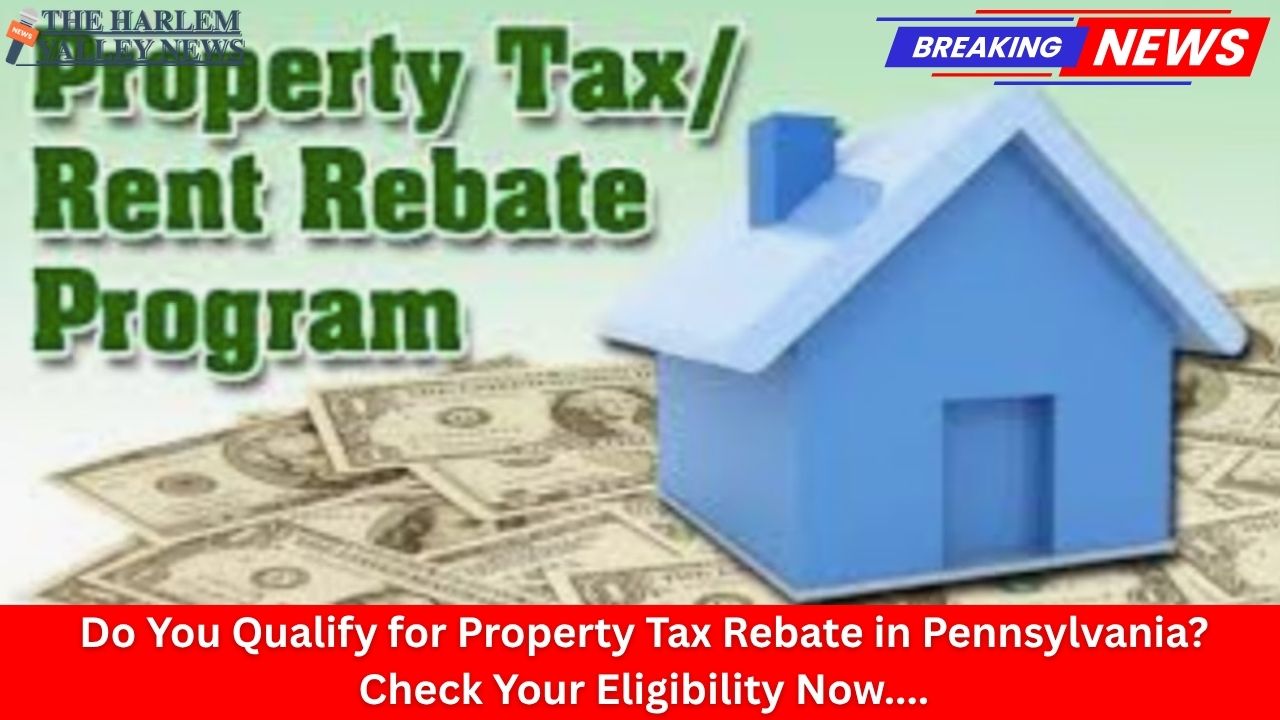

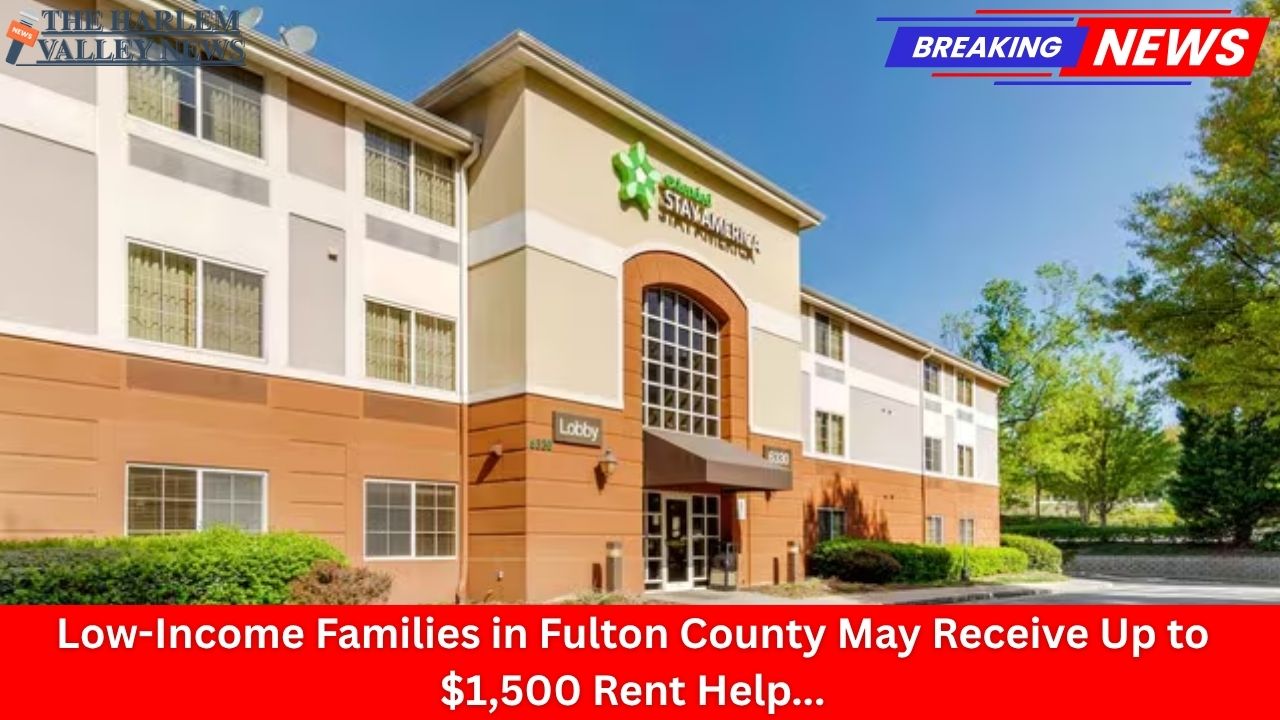


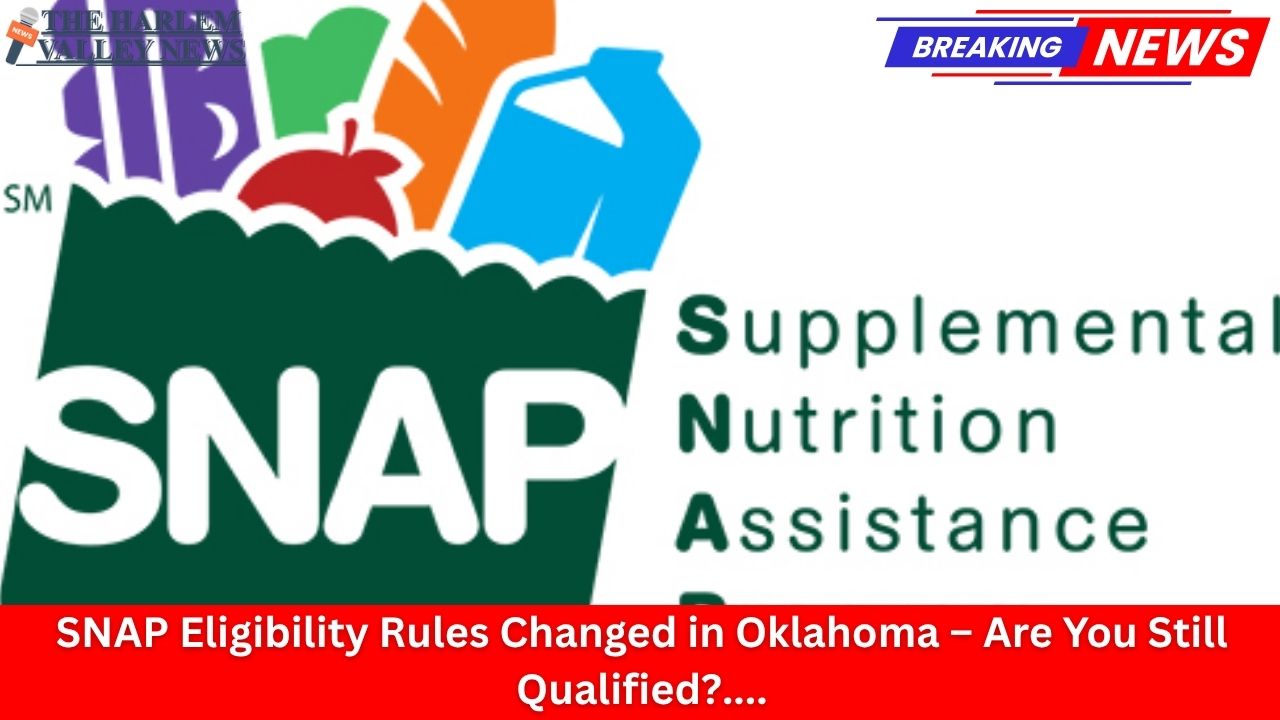

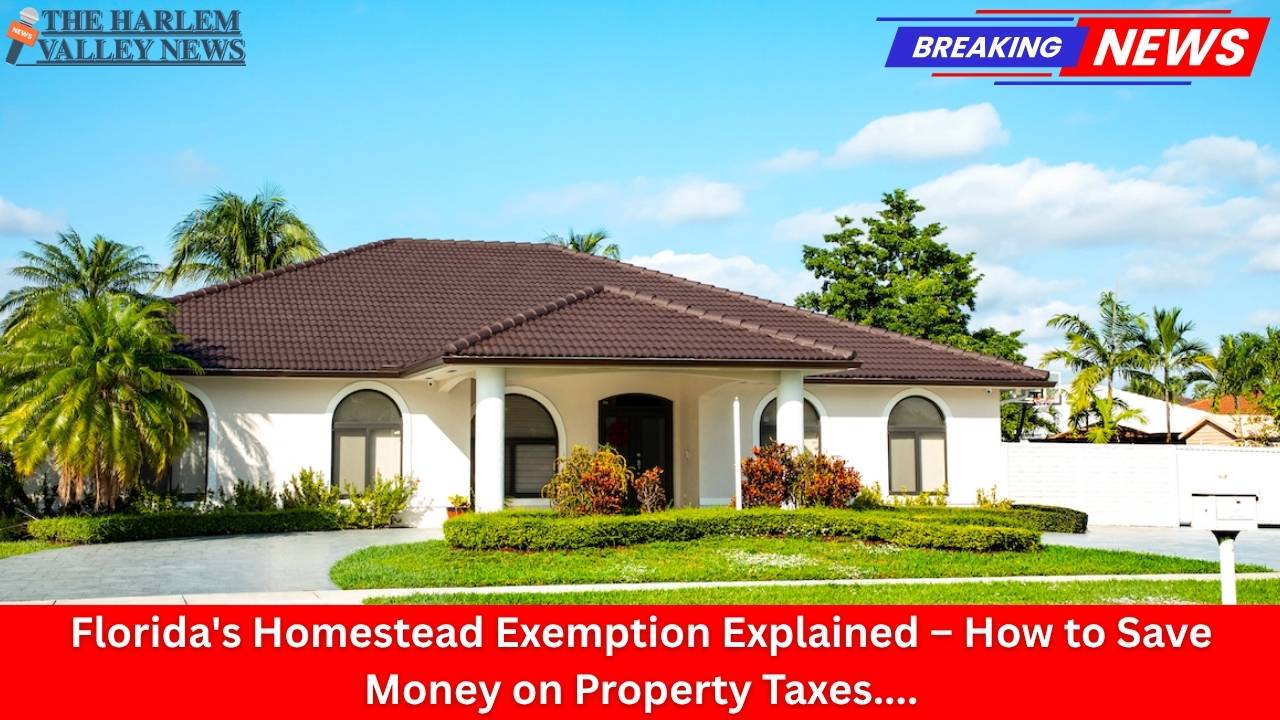



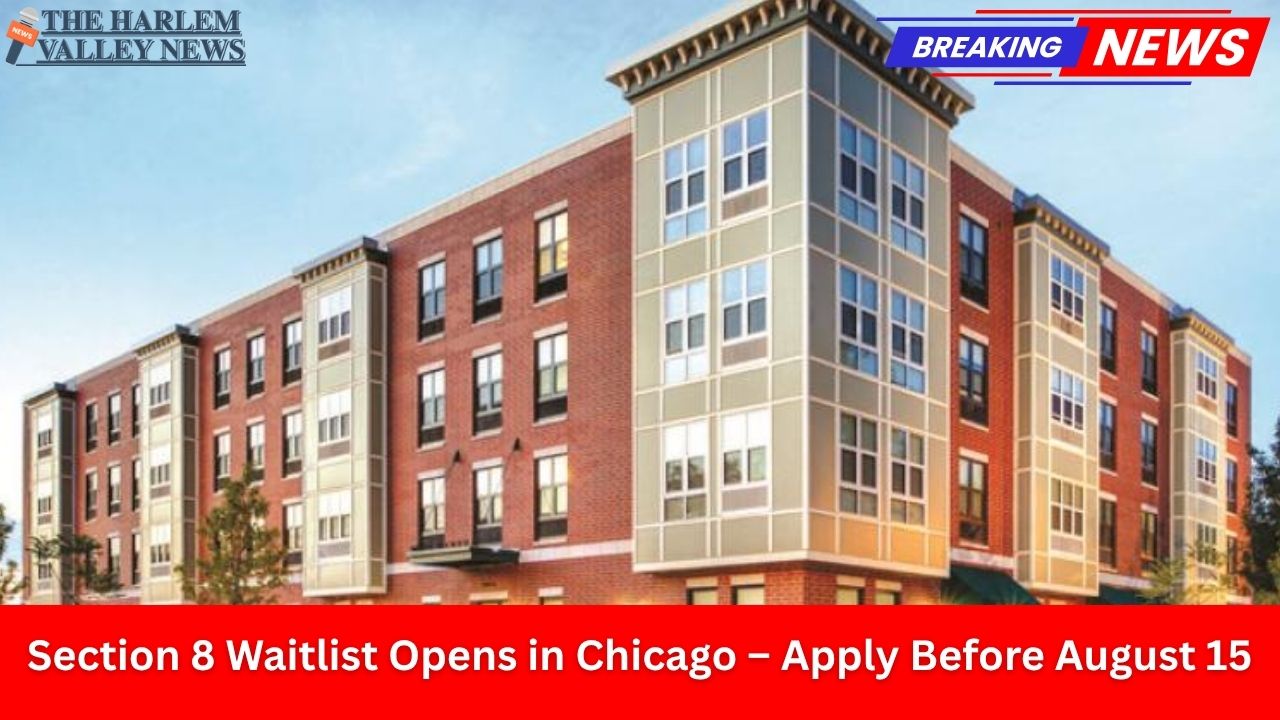
Leave a Reply